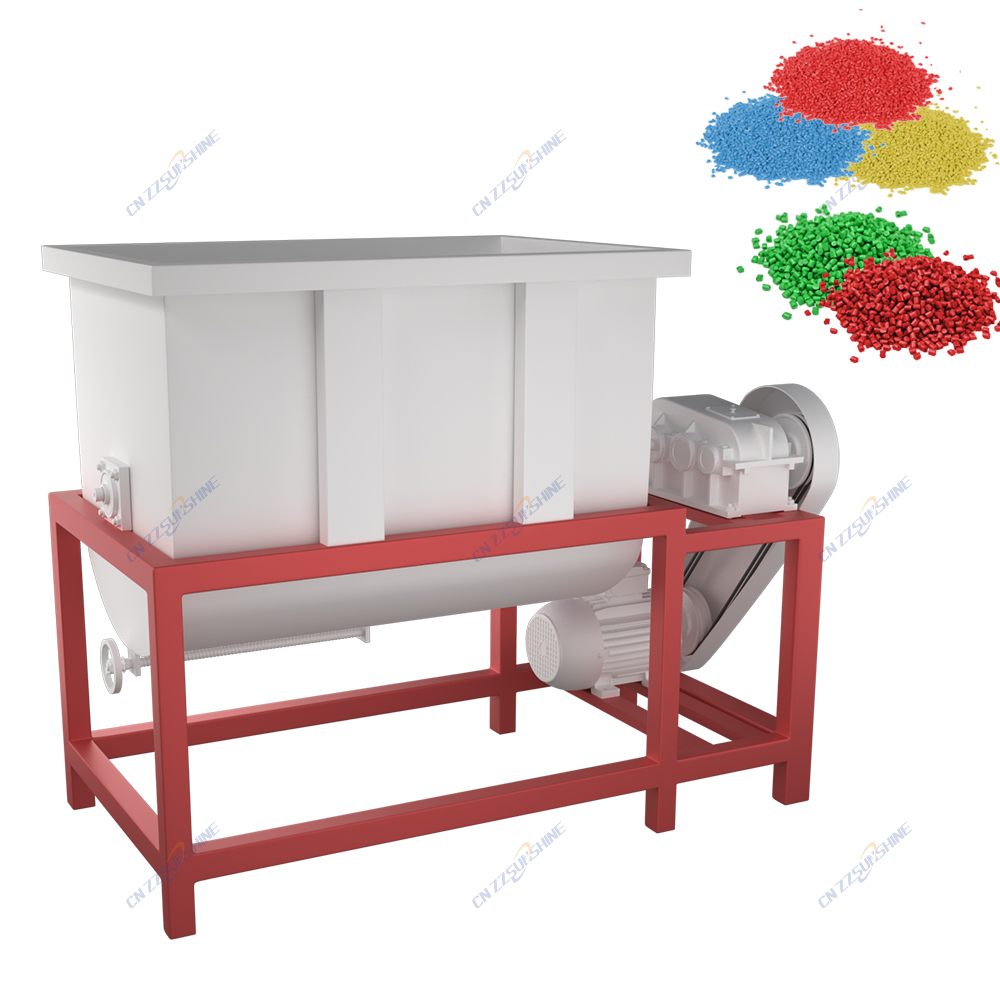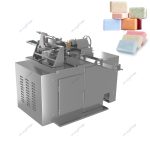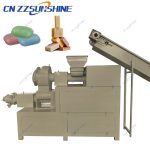Implementing a fully integrated automatic soap production line is no longer a luxury but a necessity for manufacturers aiming for scale, consistency, and cost-effectiveness. These sophisticated systems streamline the entire process, from raw material handling to finished bar packaging, significantly outperforming manual or semi-automated methods. The core of such a line typically integrates a high-shear industrial mixer for chemical processing, ensuring thorough blending of oils, fats, lye, and additives during the critical homogenization phase. This initial mixing is paramount for achieving the desired saponification and final product quality.
Following mixing, the soap base moves to a specialized soap plodder machine. Often, a multi-stage vacuum plodder is employed. This equipment compresses and extrudes the soap mass through dies under vacuum conditions, meticulously removing air pockets. This vacuum stage is crucial for producing dense, long-lasting bars with a smooth texture, whether for laundry bar soap production lines or premium toilet soap finishing lines. The continuous extrusion process ensures a uniform density throughout the log, a key factor in consistent bar quality.
The extruded soap logs then proceed to cutting. Here, an automatic block cutter machine or a precision electric washing soap cutter slices the logs into uniform billets or individual bars. Modern cutters offer high-speed, adjustable cutting for various bar sizes and shapes, minimizing waste. For intricate shapes or specialty beauty soap making lines, custom soap cutting machines might be integrated. After cutting, bars enter the finishing stages, which can include stamping, cooling, drying, and inspection, depending on whether it’s a laundry soap making line or a bath soap making machine configuration.
The final stage involves packaging. An automatic packing machine for food-grade materials is often adapted, ensuring hygienic wrapping of individual bars or multipacks at high speeds. Integrating an industrial chiller for machinery cooling is frequently essential to manage heat generated by high-speed motors and hydraulic systems, maintaining optimal operating temperatures and prolonging equipment lifespan. Choosing a supplier offering factory price industrial chillers designed for continuous operation is a sound investment.
The advantages of a complete automatic soap production line are compelling. They achieve dramatically higher output rates (often exceeding 200 bars per minute), ensure unparalleled batch-to-batch consistency, reduce labor costs significantly, minimize human contact with the product (enhancing hygiene), and optimize raw material usage. Whether setting up a new laundry soap making line, expanding a toilet soap finishing line, or launching a specialized beauty soap making line, partnering with an experienced OEM for the entire system, including critical components like the vacuum plodder, industrial mixer, and cutter, ensures seamless integration and maximum operational efficiency. The return on investment stems from unmatched productivity and superior, consistent product quality.





